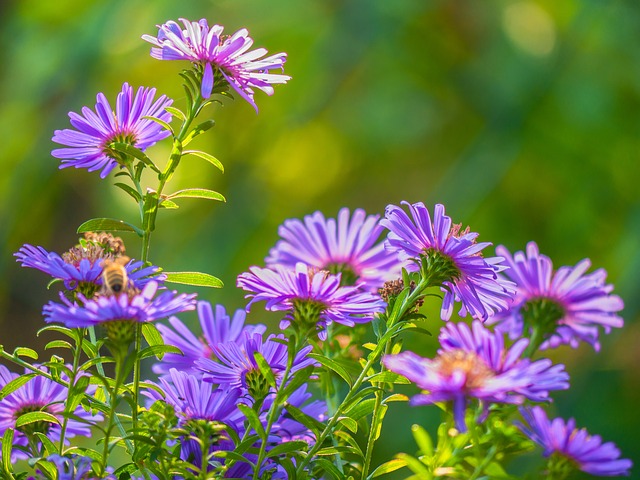
Holistic lifestyles are starting to become more popular, and people are starting to live more organically. It makes sense that people who make the choice to live this way can benefit from organic horticulture. Check out the helpful organic growth tricks listed below.
Shoveling clay is very difficult and lots of work because the clay is hard and sticks to the shovel, making it tough to handle. Make your shoveling job easier by lightly coating a shovel with a layer of wax, then buffing the surface. Either car wax or floor wax will work just fine. Not only will the clay slide off the surface, but it will keep the end from rusting.
Keep your plants thriving through the winter by bringing them inside. You may want to save the most beautiful or expensive ones. Be careful not to damage the root system as you dig up the plant, and place it in a pot.
Bulbs planted in the spring can flower all the way into summer. These are hearty choices, choices that will reward you for years despite the little effort that is involved in their care. You can select bulbs that bloom at many different times, so with a little work, you could have flowers popping up all the way from the start of spring to the end of summer.
Don’t cut your grass too short! If you leave your grass kind of high, your roots will be deeper and your lawn will be stronger and not dry out. The shorter the grass, the shallower the roots, which makes the lawn more likely to develop brown patches.
Prior to planting your garden, devise a plan. It will be a while before things start to sprout and visually remind you of what was planted where, so a written record can be helpful. You can also avoid losing the smaller plants, or in larger gardens, the small plant groups.
Do you enjoy fresh mint leaves though hate how they grow so fast and take over your entire garden? You can stunt the growth of mint by planting it inside a container or super-sized bowl. The container can be planted in the ground, and it will still prevent the plant from dominating the garden.
Use natural pest control when possible. A border of marigolds or onions around your veggies can prevent slugs. Insect pests will stay away from seedlings and trees if you use wood ash around the base as a mulch. These are methods you can use to get rid of the need to use pesticides.
To give them a boost, pour out any leftover water from steaming or boiling vegetables on the plants or soil around them. If you grow rhododendrons, azaleas or gardenias, increase the acid in your your soil by working in coffee or tea grounds. Some types of plant fungus problems can be solved by sprinkling with chamomile tea.
Get your kids to help you grow your organic garden. An organic garden will help your child learn more about plants and insects, and it’s a wonderful bonding time while growing healthy produce.
If you want a sustainable garden, leave part of it undisturbed as a home for the wildlife in the area. Most likely, you will find your organic garden producing better once your property is home to the insects, birds, and other wildlife that plants rely on for pollination and the production and dispersal of seeds.
The more you know about the ins and outs of organic horticulture, the more effective you’ll be. Keep in mind that these pointers are simply the tip of the iceberg.